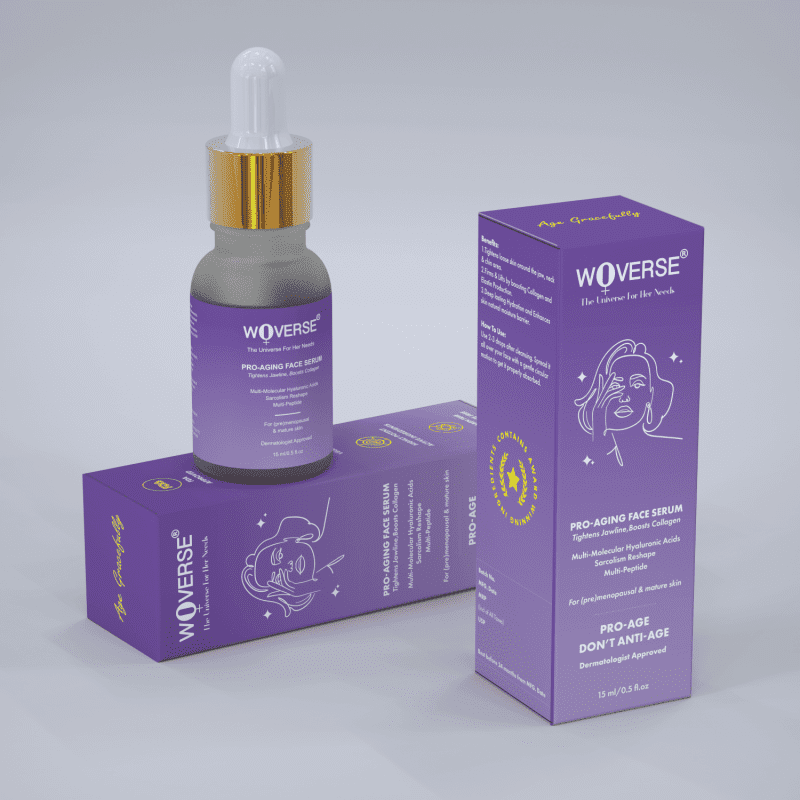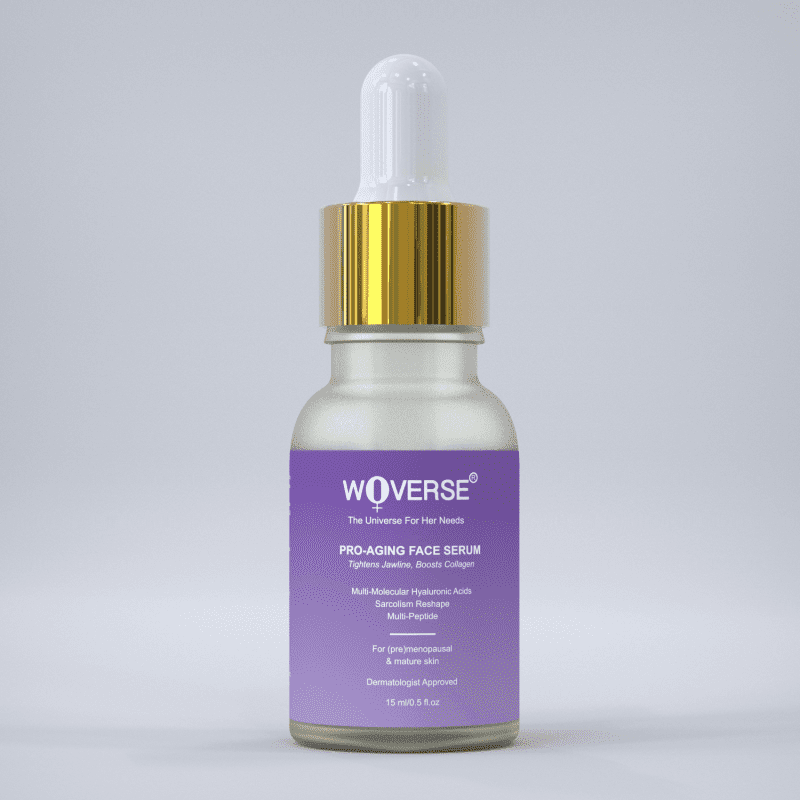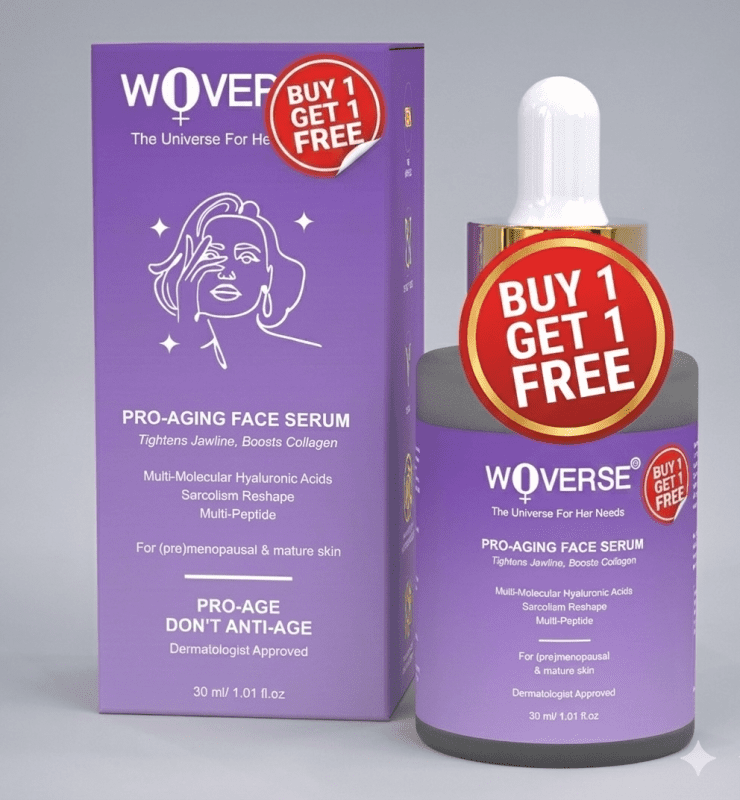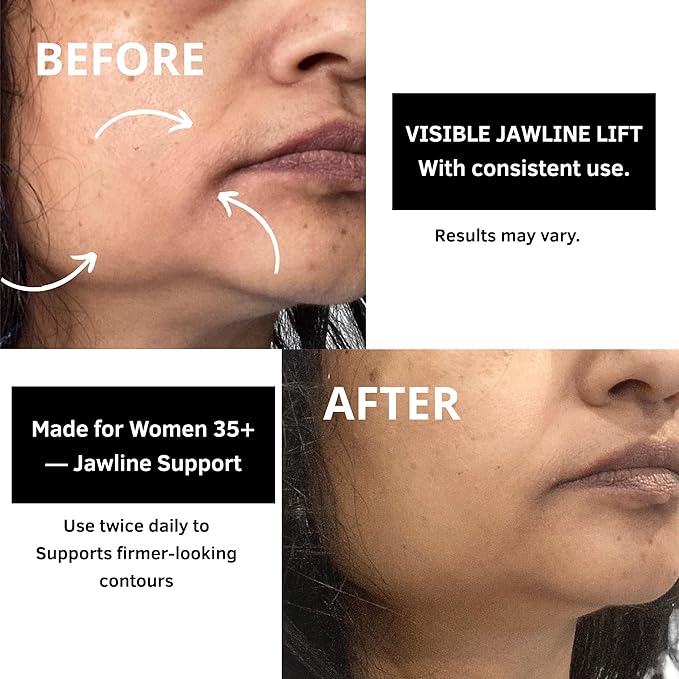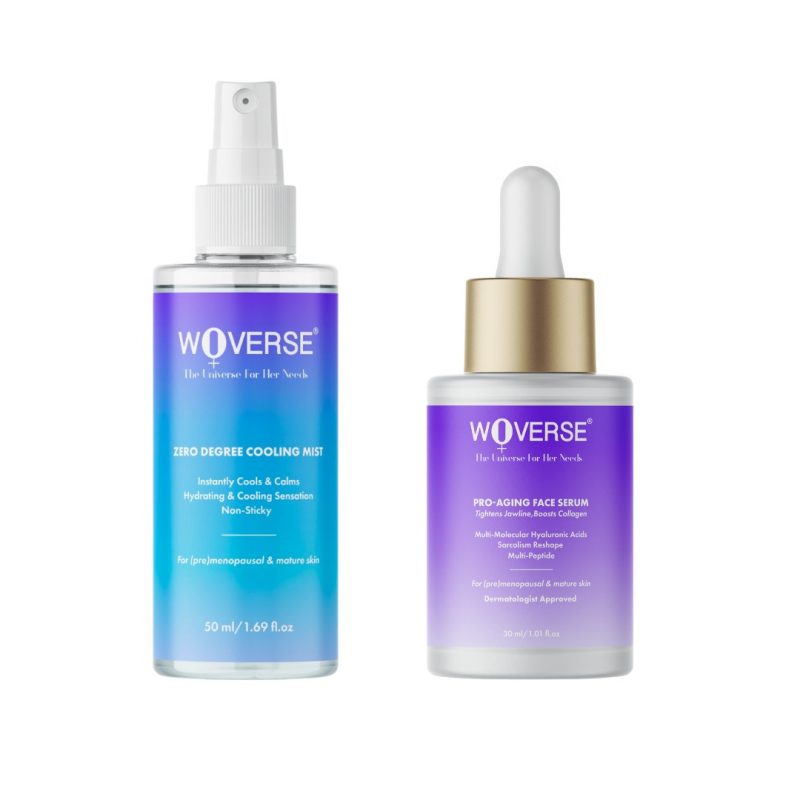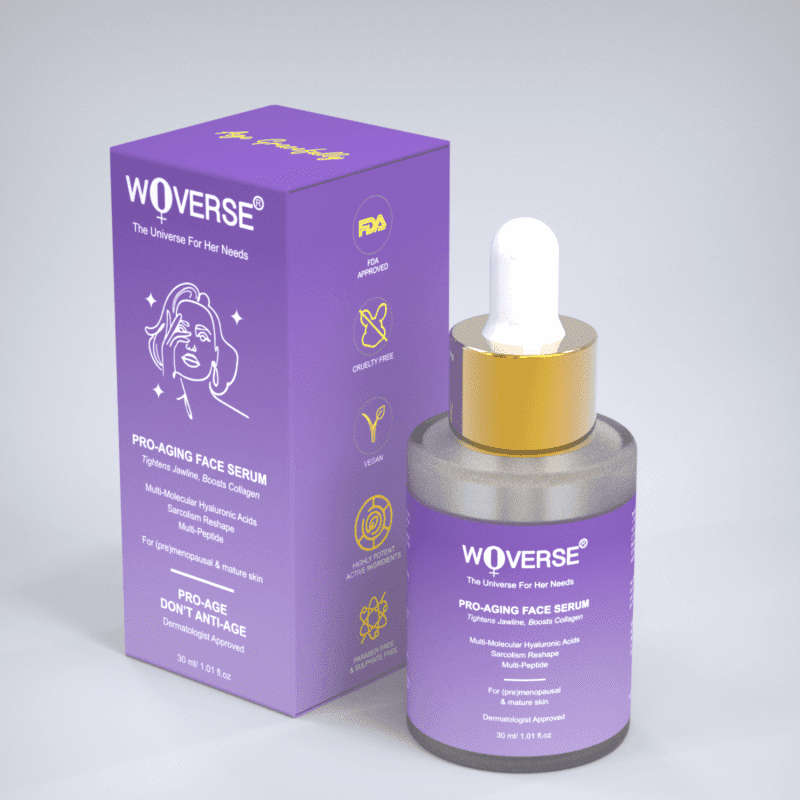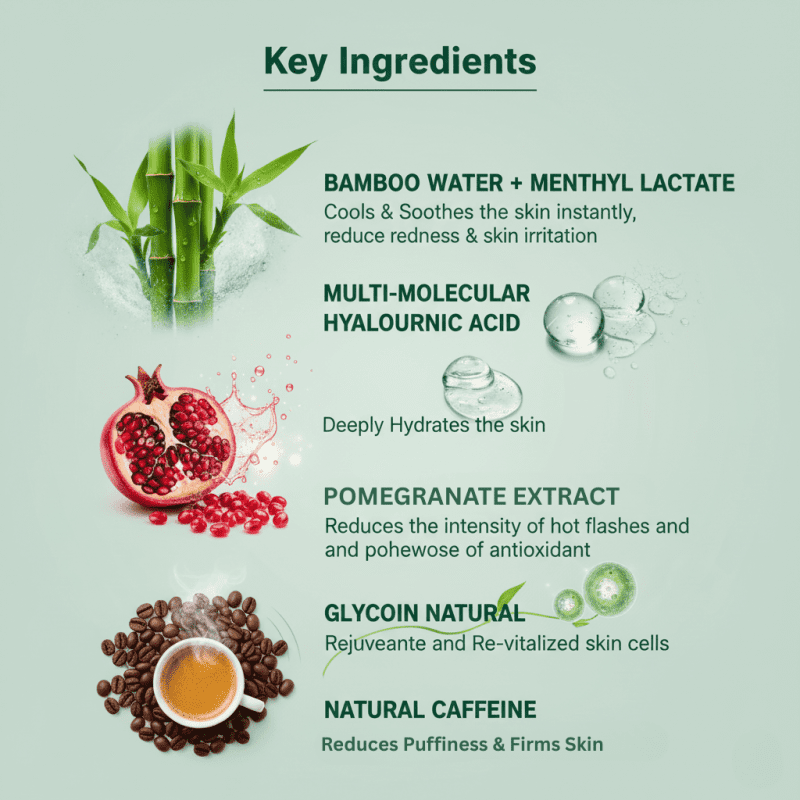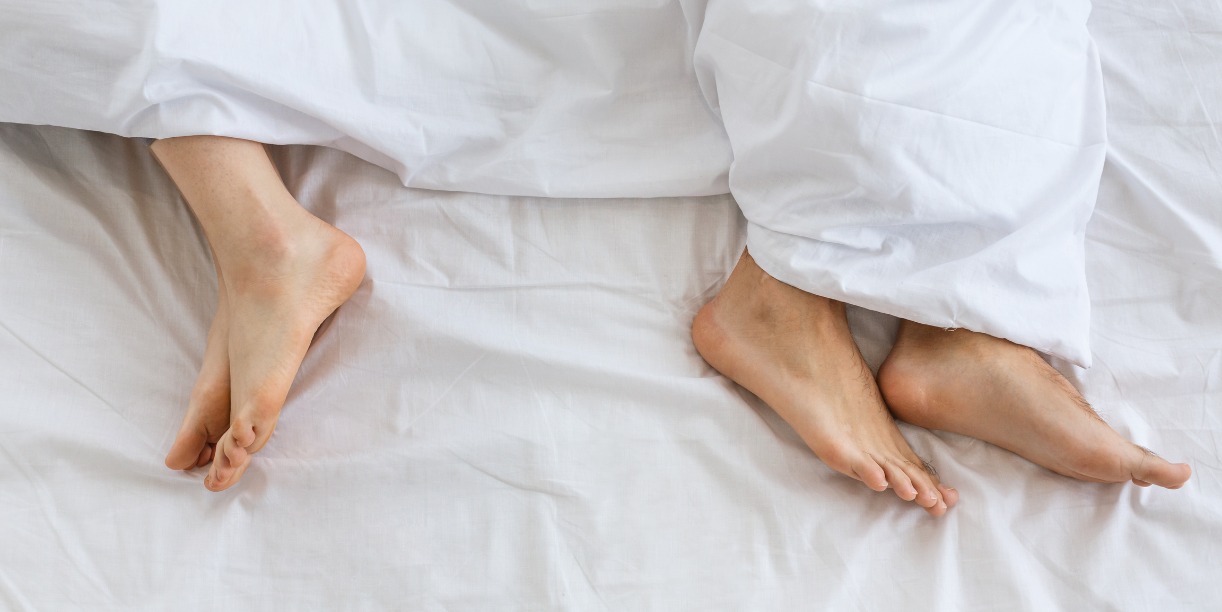
What is Low Libido
Not in the mood? When estrogen and testosterone levels decrease, it can become more difficult to get aroused. Vaginal dryness, vaginal atrophy, and painful sex are factors here too. Add in insomnia, hot flashes, fatigue, and weight gain, and you have a really romantic evening ahead of you. Ha!
Why it happens ?
Your estrogen takes a nosedive during menopause (defined as when you haven’t had a menstrual cycle in 12 months) and the years leading up to it, called perimenopause. This change has a huge impact on your sexual function. It can lower desire and make it harder for you to become aroused. It can also make the vaginal canal less stretchy, and you may experience dryness, which can cause intercourse to be painful.
What can you do ?
Despite what the media and prescription drug commercials would have you believe, intercourse in later years often isn’t as pleasurable for couples as it used to be. That’s because of bodily changes such as vaginal dryness and erectile dysfunction.
That doesn’t mean that you can’t be intimate with your partner — whether you’re having intercourse with the help of lubricants, vaginal moisturizers, or prescription drugs, or choosing other ways of staying connected.
About a third of long-term couples don’t have sex or have sex only occasionally. But they don’t necessarily consider that a problem. It’s just where their relationships have evolved. They do other things that are intimate that they enjoy like cuddling, sharing a bed, and laughing together. And they’re happy.
You must let go of what you think everybody else is doing and just think about what’s good for you and your partner. Communicating with your partner is key in setting realistic expectations about what you can do sexually and achieve intimacy as you age. Living an overall healthy life — having good energy, getting enough sleep, being physically active, and eating well — will go a long way toward helping you focus on and feel good about being intimate and sexual.

